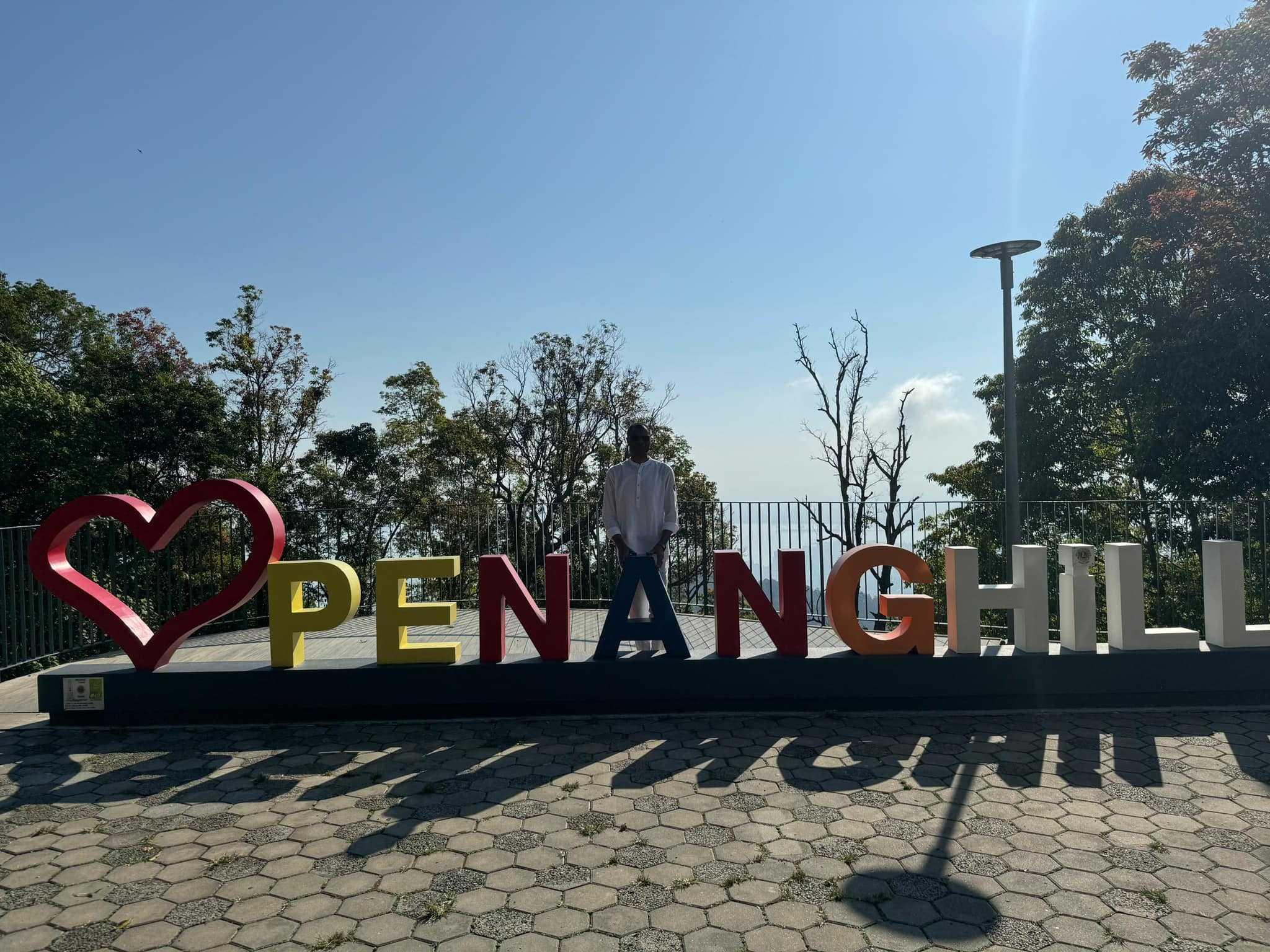Military on standby to evacuate fire-threatened towns in western Canada
Roughly 1,000 people have already fled the wildfires in British Columbia, and authorities are searching for many who have gone missing.
Just In
Ottawa prepared Friday to send military aircraft and other help to evacuate towns and fight more than 100 wildfires in western Canada fuelled by a record-smashing heat wave.
According to wildfire officials, at least 143 fires were active in British Columbia, 77 of them sparked in the last two days. Most were caused by lightning strikes.
Prime Minister Justin Trudeau said he would convene an incident response group later in the day to address the emergency needs of the province, adding that he already spoke with British Columbia’s premier, as well as local mayors and indigenous chiefs in communities under threat.
“We will be there to help,” he told a news conference.
That will include military helicopters and possibly Hercules turboprop transport planes, Defense Minister Harjit Sajjan earlier told public broadcaster CBC.
“Canadian Forces are ready to support residents,” he said in a Twitter message.
Roughly 1,000 people have already fled the wildfires in British Columbia, and authorities are searching for many who have gone missing.
The village of Lytton, 250km northeast of Vancouver, was evacuated Wednesday night because of a fire that flared up suddenly and spread quickly.
The fire came a day after the village set a Canadian record-high temperature on Tuesday of 49.6 degrees Celsius.
Fatalities have been reported in Canada’s westernmost province, but an official toll has yet to be released, as members of the British Columbia coroner service headed into hotspots on Friday to begin investigating.
“Today our thoughts are mostly with families that are grieving, that are facing terrible loss,” said Trudeau.
“But of course, we also have to reflect on the fact that extreme weather events are getting more frequent and climate change has a significant role to play in that.”
Lytton resident Jeff Chapman told the CBC he witnessed his parents die in the fire that engulfed the town.
With only minutes to react, the elderly couple sought shelter from the smoke and flames in a trench in their backyard, as Chapman ran for safety at nearby rail tracks.
From that vantage, he said he saw the fires sweep across and destroy most of the town.
His distressed voice could be heard pleading for help over the crackling flames in a video on CBC. The ground, he said, was too hot to go back for his parents.
Meanwhile, a heat wave that stretched at the beginning of the week from the US state of Oregon to Canada’s Arctic territories has started moving eastward, late Thursday touching parts of Ontario in central Canada.
British Columbia also warned Friday of flooding from melting mountain snow caps and glaciers under the heat dome, which occurs when hot air is trapped by high pressure fronts, heating the ground.
Subscribe to our newsletter
To be updated with all the latest news and analyses daily.
Most Read
No articles found.

